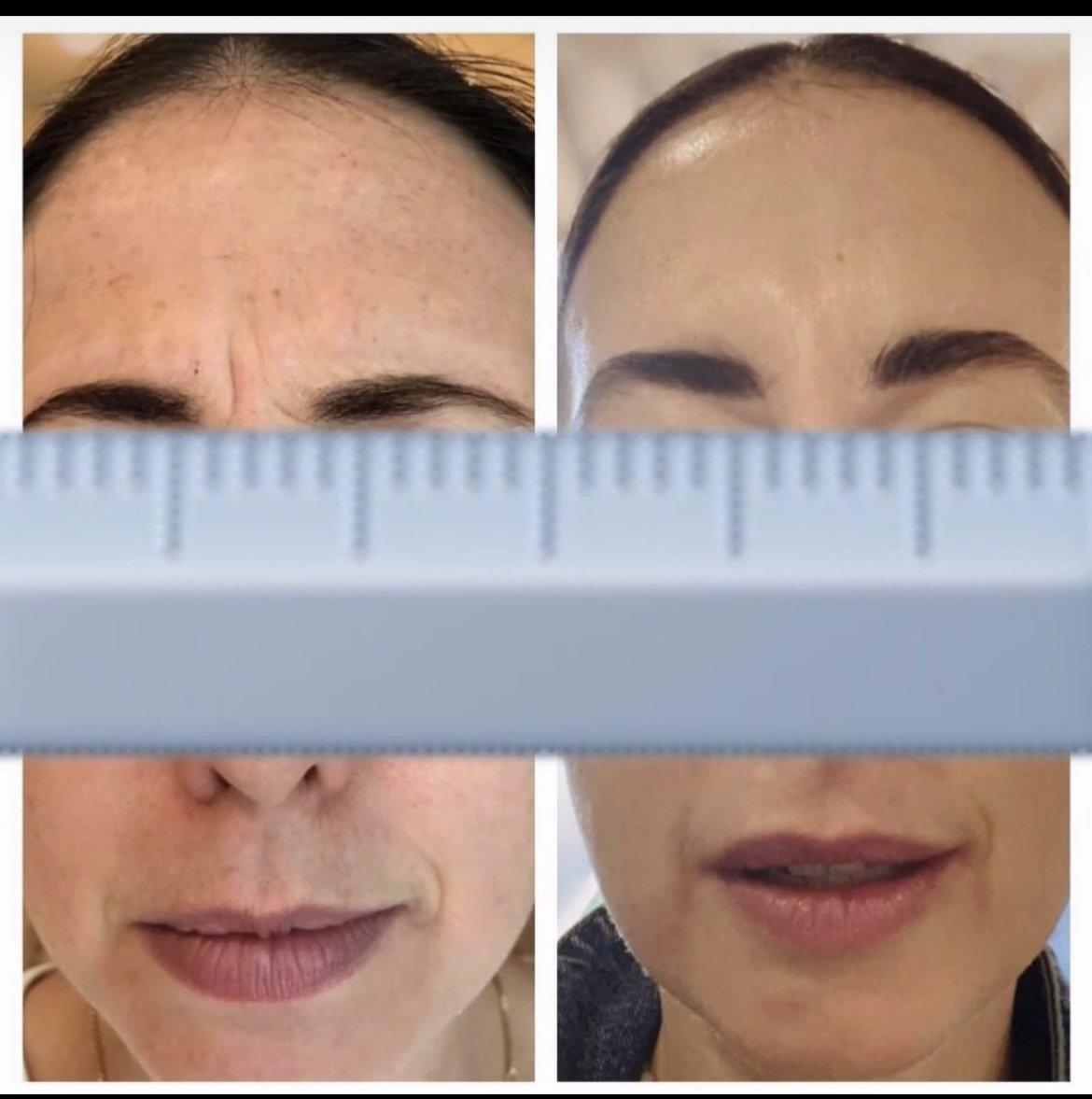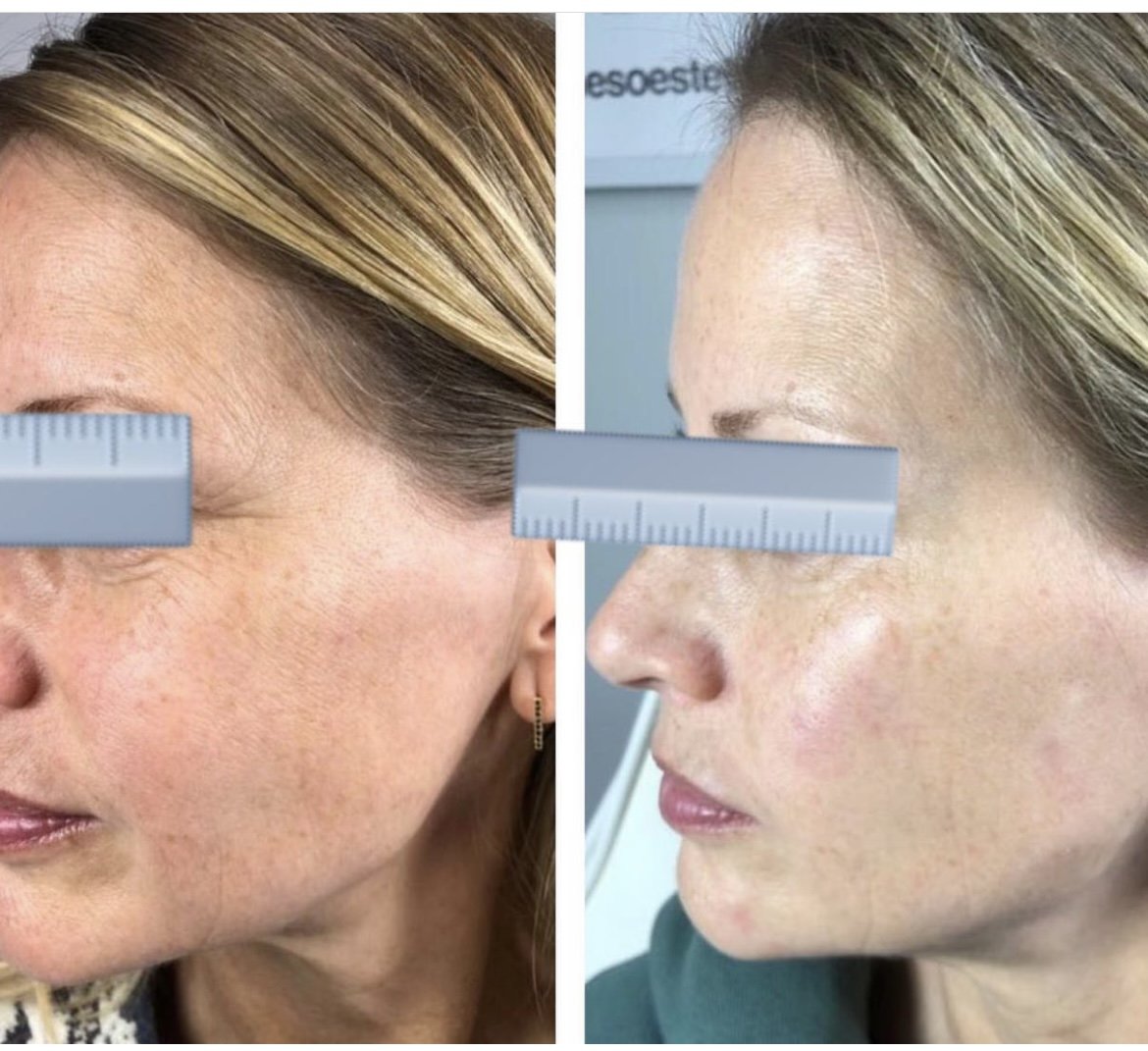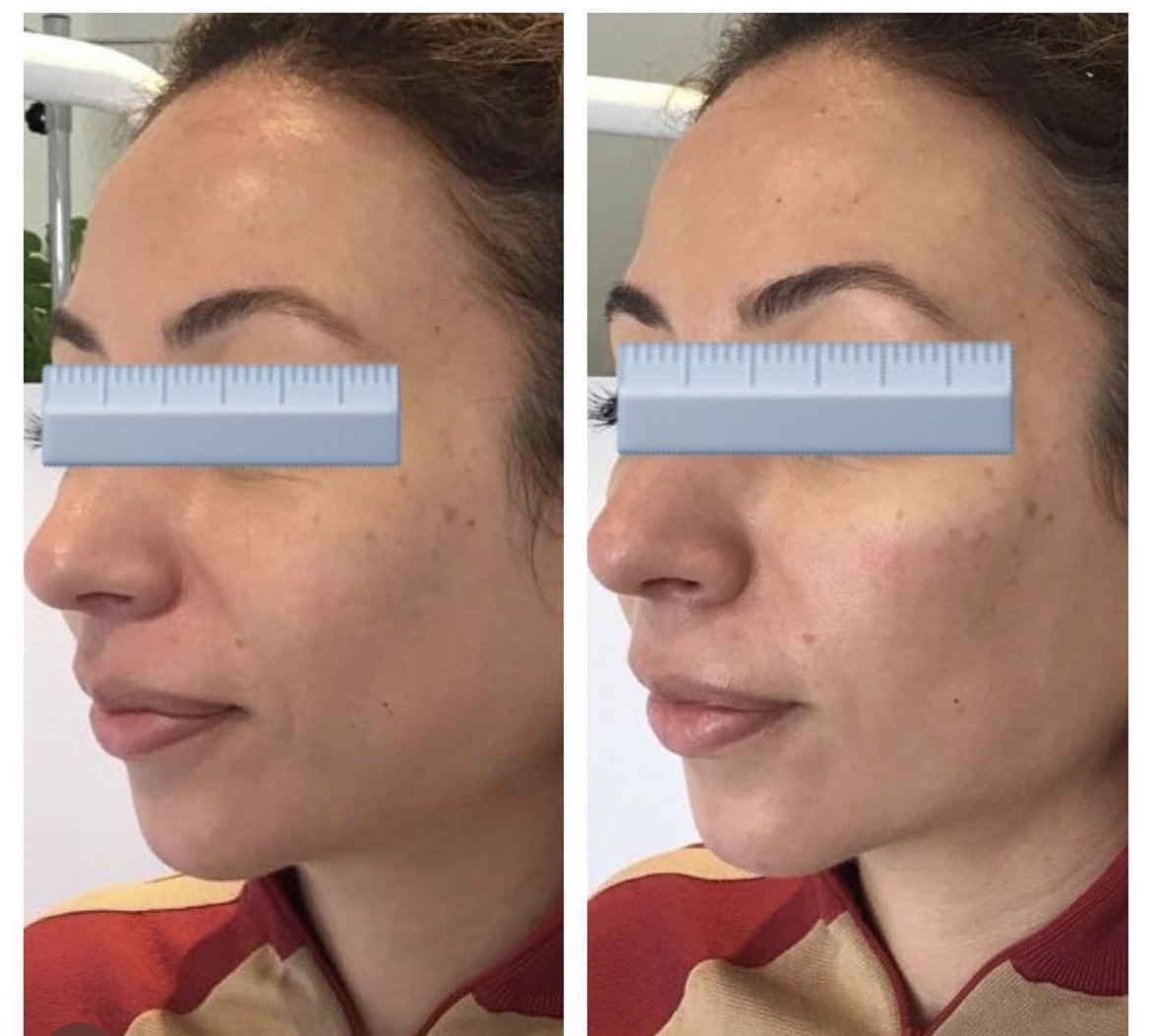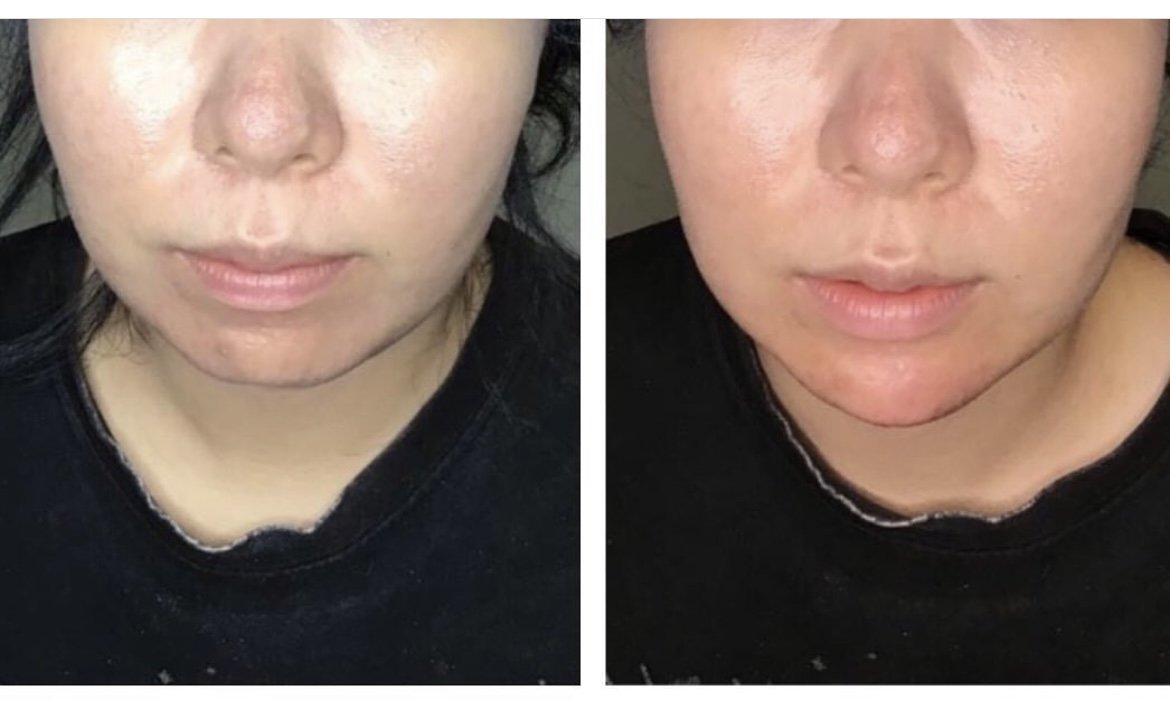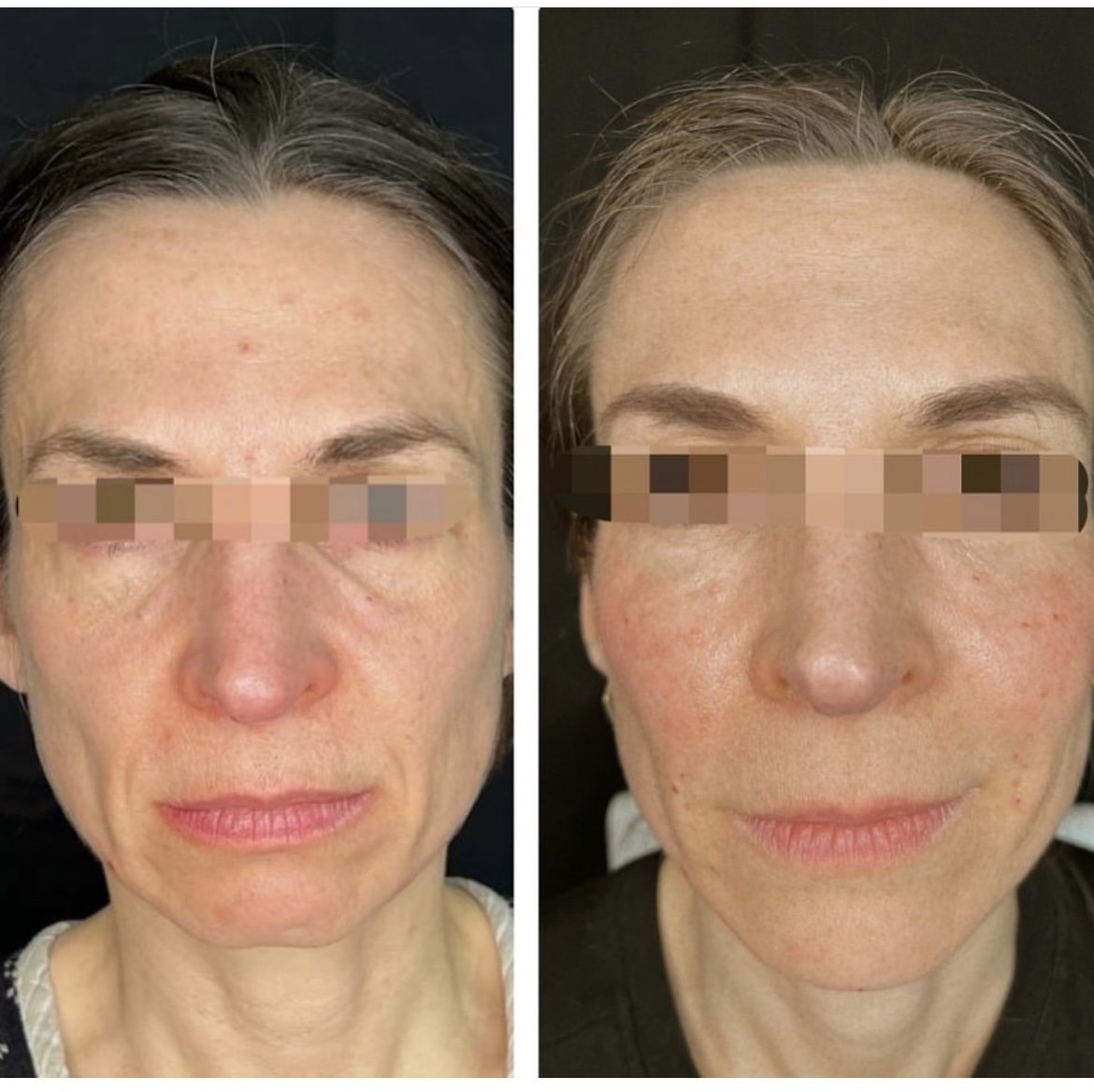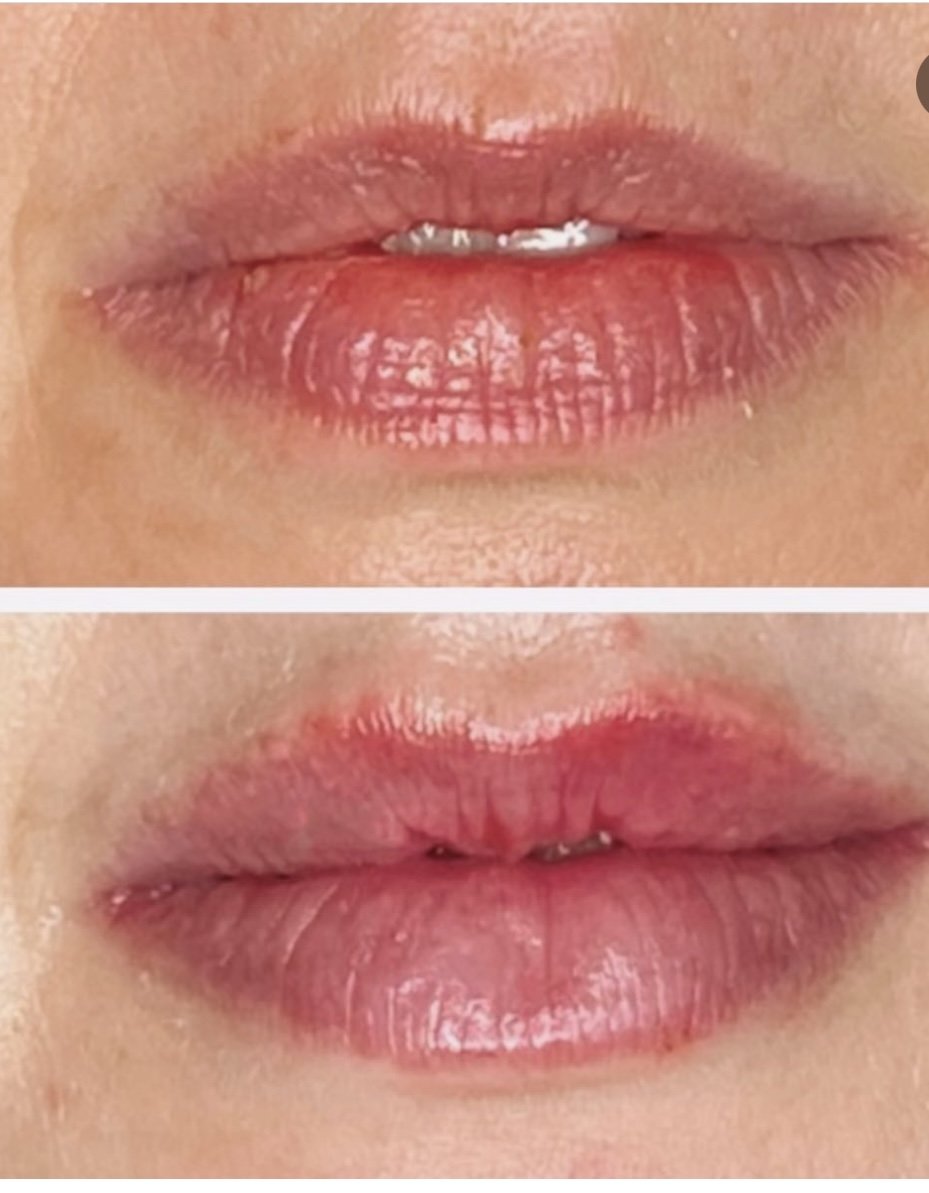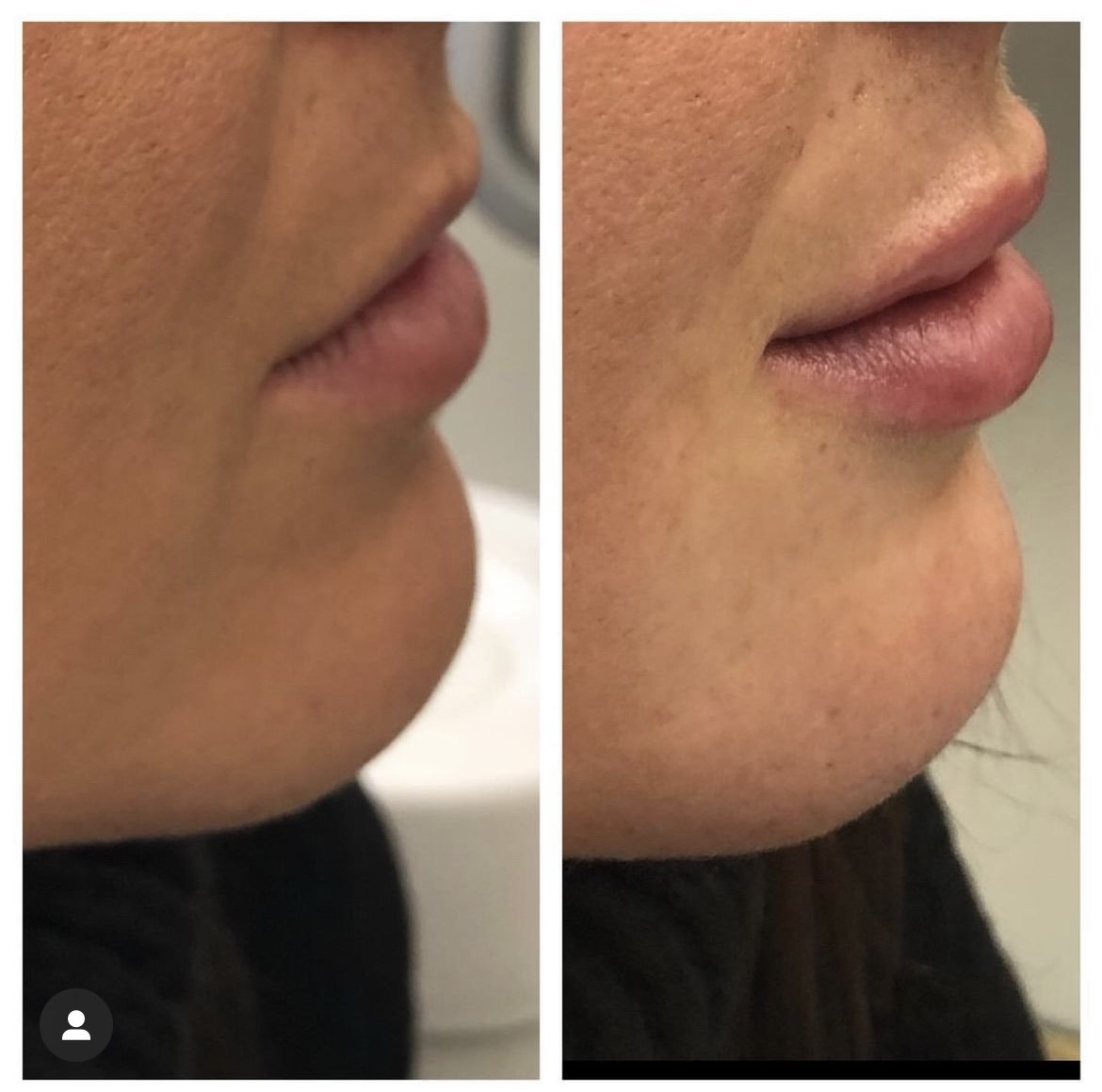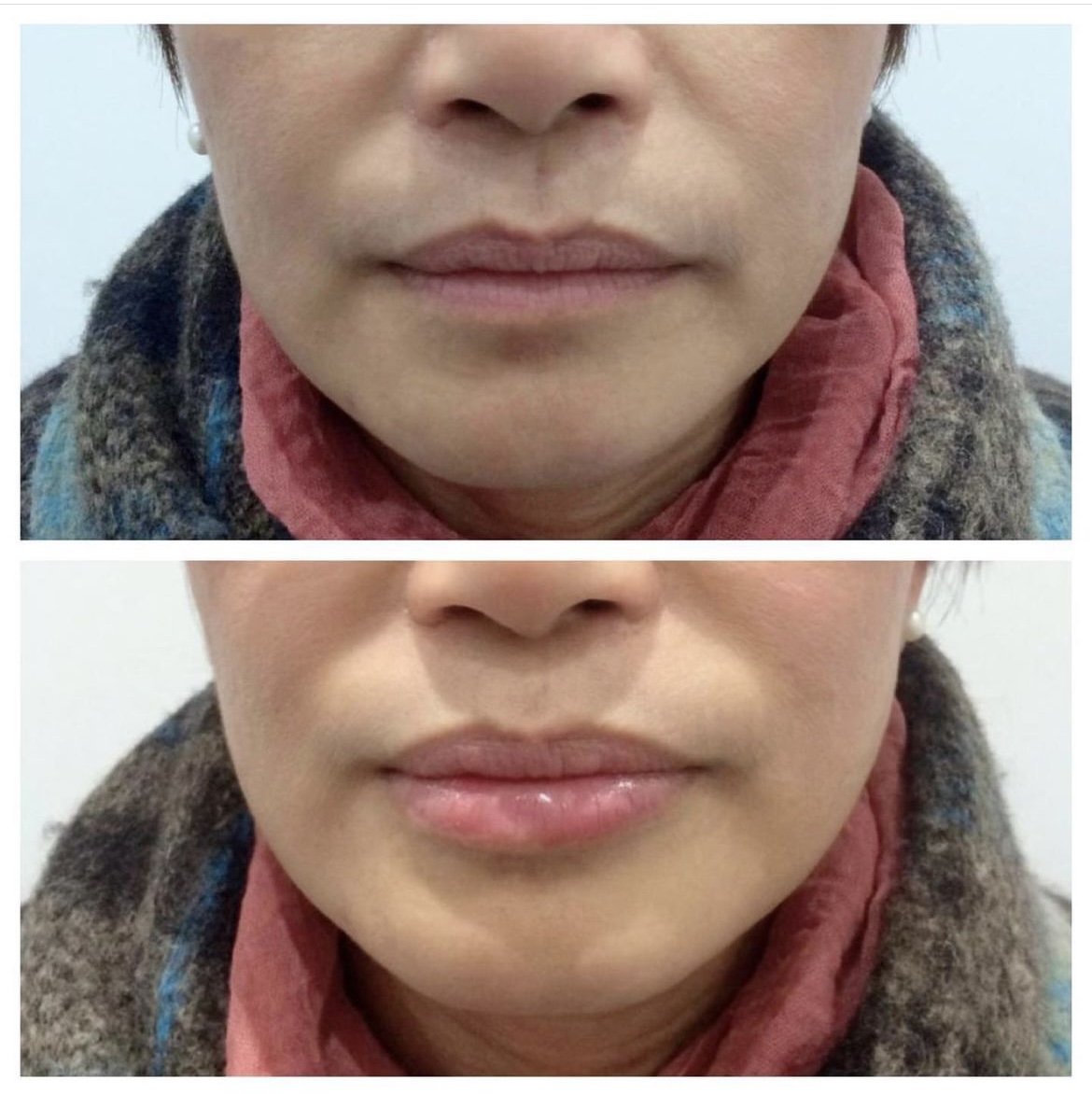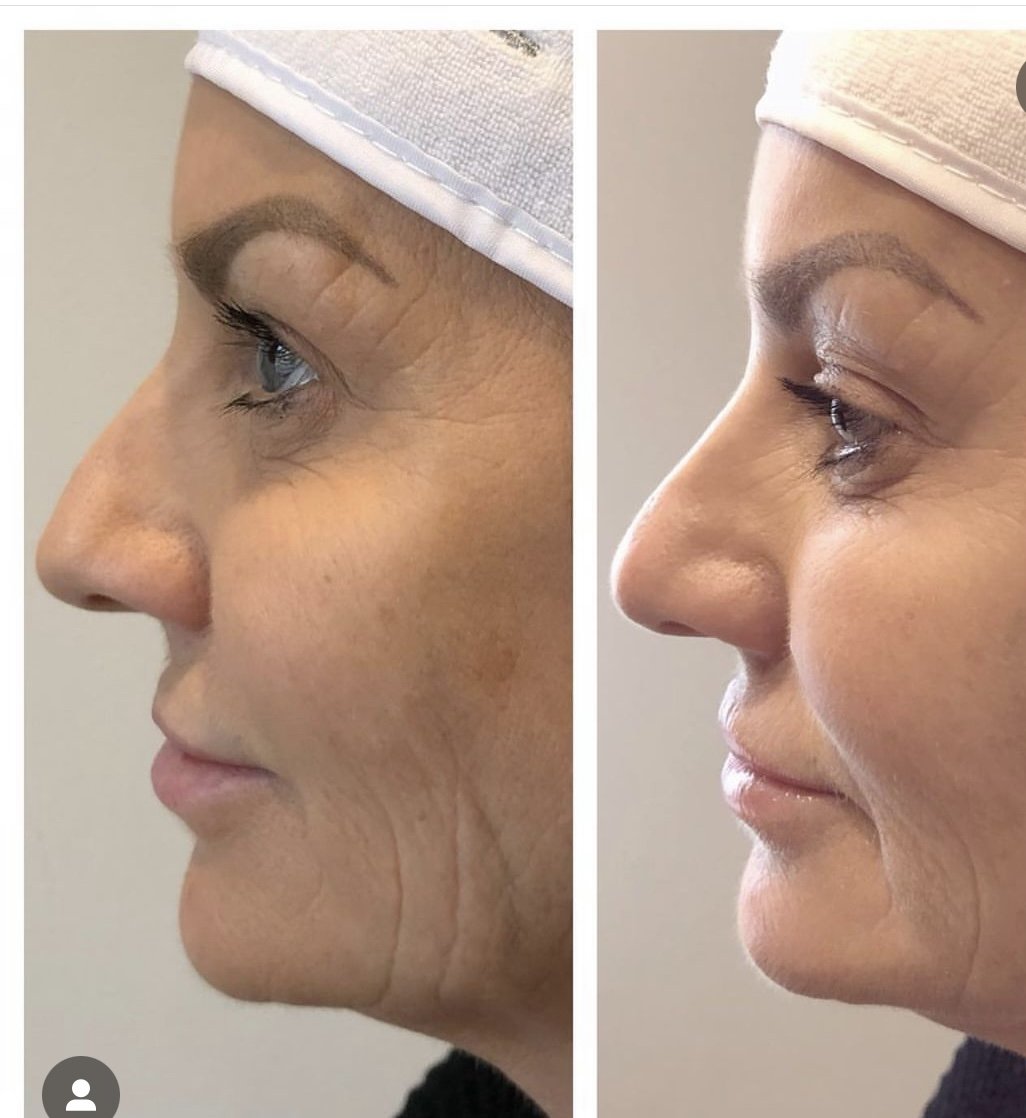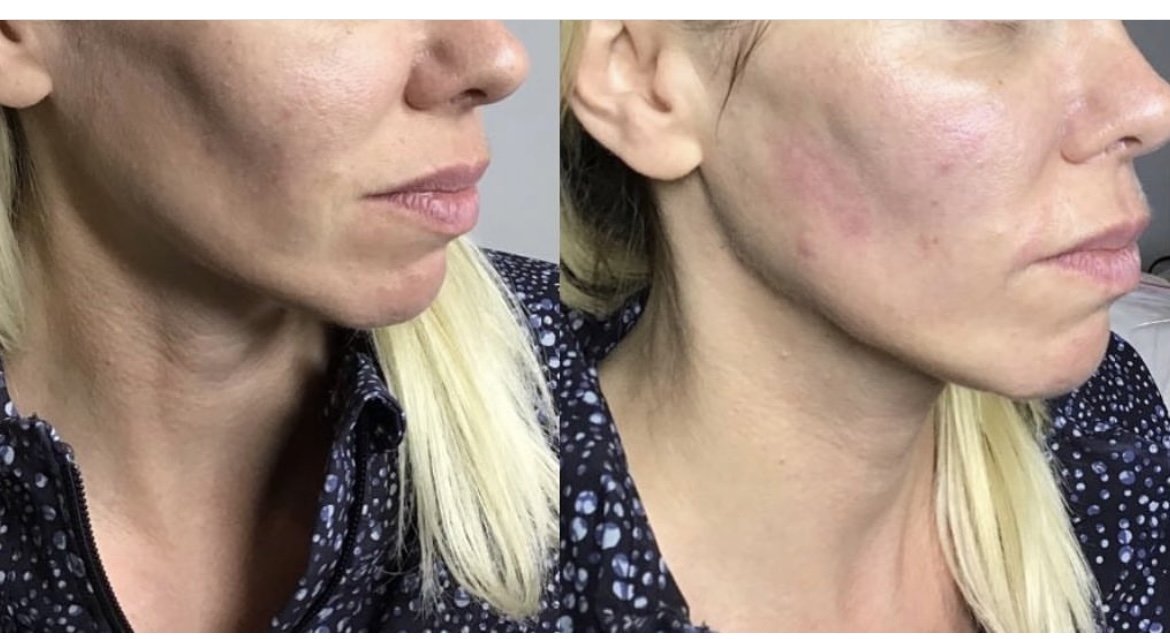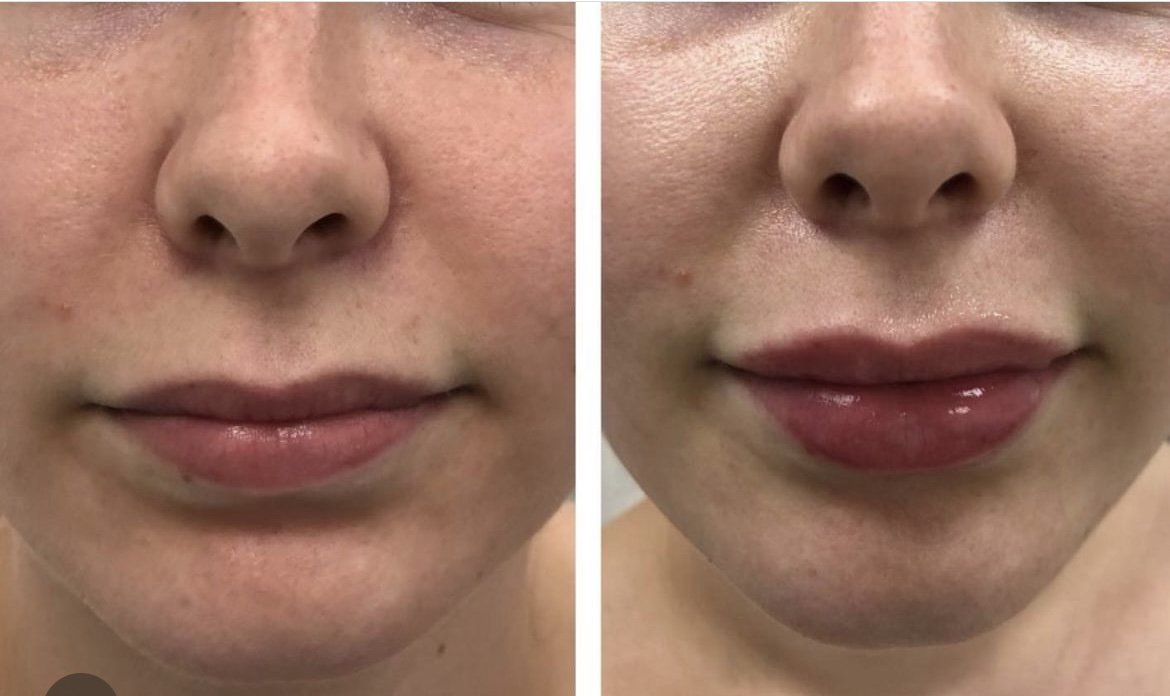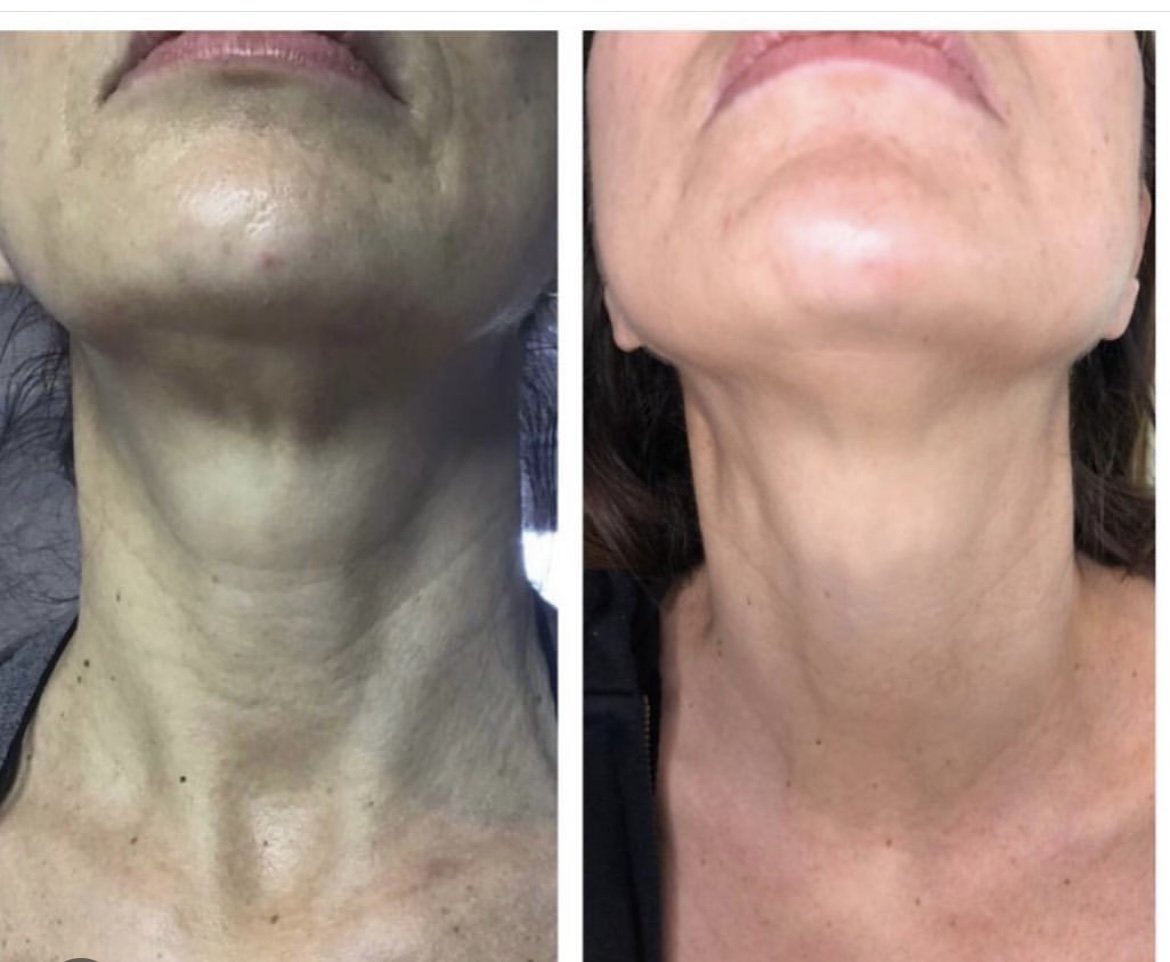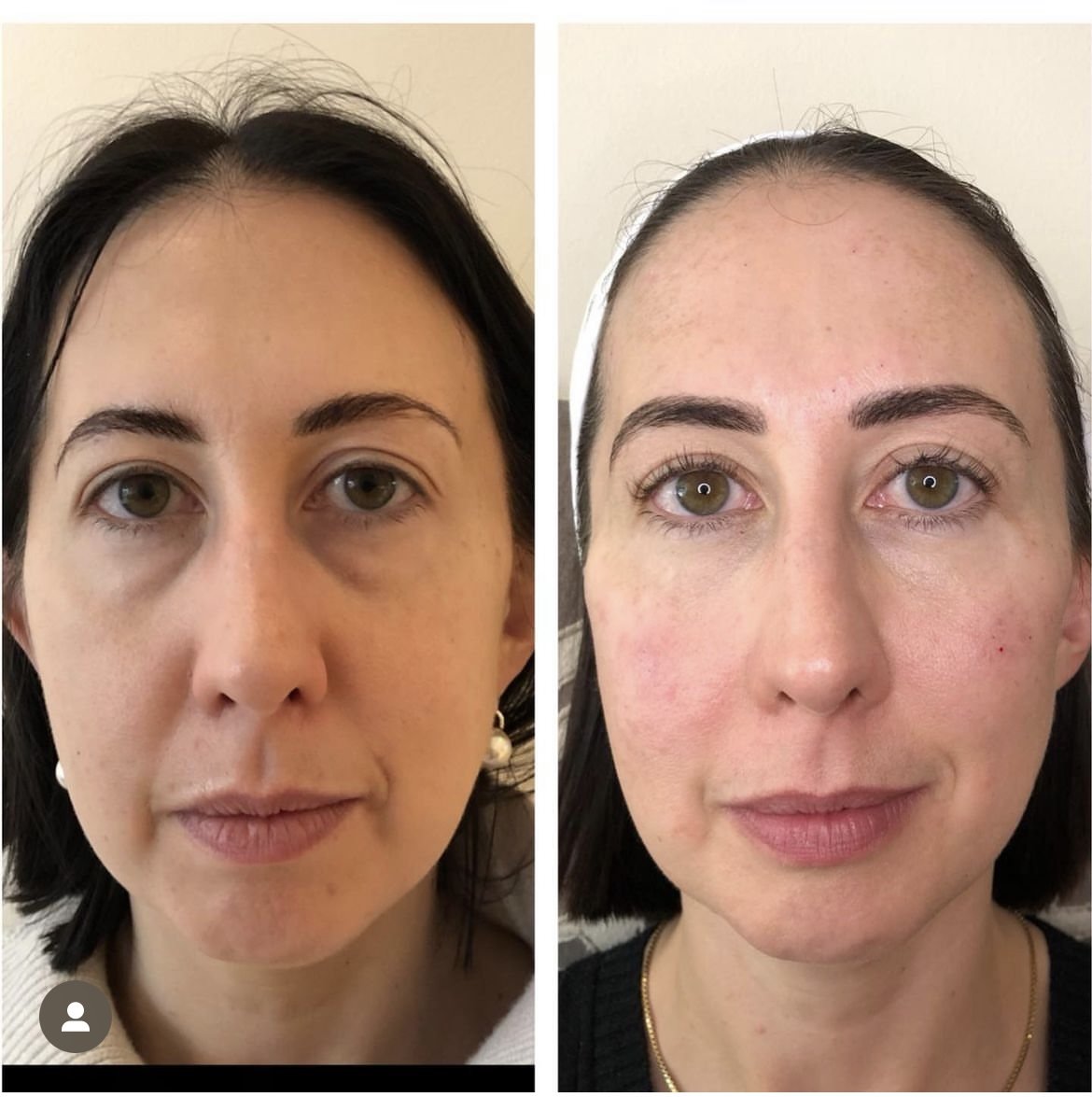Whether you are looking to smooth out wrinkles, enhance facial contours, volumise lips, or simply revitalise and hydrate your skin, dermal fillers offer an instant and long-lasting solution.
Starting in our 30’s our collagen production dramatically decreases. This unfortunately means that areas of the face seem to ‘sag’.
Areas that can be treated:
Lip Border
Lip Volume
Cheek Enhancement
Nasolabial Folds
Marionette Lines
Chin Filler
Smokers Lines
Temple Filler
Jaw line enhancement
Tear Trough Filler
Non Surgical Liquid Rhinoplasty
Can anyone have dermal filler treatment?
Whilst most people can benefit from this treatment, there are certain anticoagulation medications and conditions that preclude its use. If you are pregnant or breast-feeding you would be advised to delay treatment until breast-feeding has finished, this is simply a precaution. Keloidal tendency, active skin infection on the area of injection (cold sores, spots, ulcers, acne) are also contraindications.
Dr. Kasraie will ask a number of questions to ensure if dermal fillers are appropriate for you.
What areas and concerns are best treated by fillers?
Fillers will help to restore your skin and facial contours to their former youthful appearance by plumping and firming the skin and filling out wrinkles or revolumising the face. It’s widely used to plump up medium to deep lines and wrinkles such as naso-labial folds (nose to mouth lines), fill scars, contour or revolumise the cheeks and chin or to augment or reshape lips.
How long do fillers last and can you get permanent ones?
The length of time that dermal fillers last depends on the type of filler used and the area injected. On average, you would expect the results of a Hyaluronic Acid dermal filler to last around 6-12 months. Thicker dermal fillers tend to last longer than those used for finer lines. Permanent fillers are available but not widely used in the UK. I only use resorbable fillers (non-permanent) as these are safest and reversible.
What substance is fillers made from?
The most leading dermal fillers used in the UK are hyaluronic acid based products. Hyaluronic acid is a natural component of our own skin that will add volume and reduced fine and deep wrinkles.
Should I expect any side effects from the treatment?
The most common side effect is slight bleeding and discomfort after the needle has been inserted into the skin. Other risks include mild bruising, tenderness, redness, lumpiness and swelling that may also occur around the site of injection. These signs may take 7-10 days to settle down.
Rarely, allergic type reactions can occur after treatment with some fillers. These include prolonged redness, swelling, itching and or hardness and bumps in the skin.
If you have a history of cold sores, filler injections may cause them to break out again. In these cases Dr Kasraie will recommend a 5-day course of antiviral medications (starting 2 days before intended cosmetic treatment) to minimise an outbreak of cold sores.

